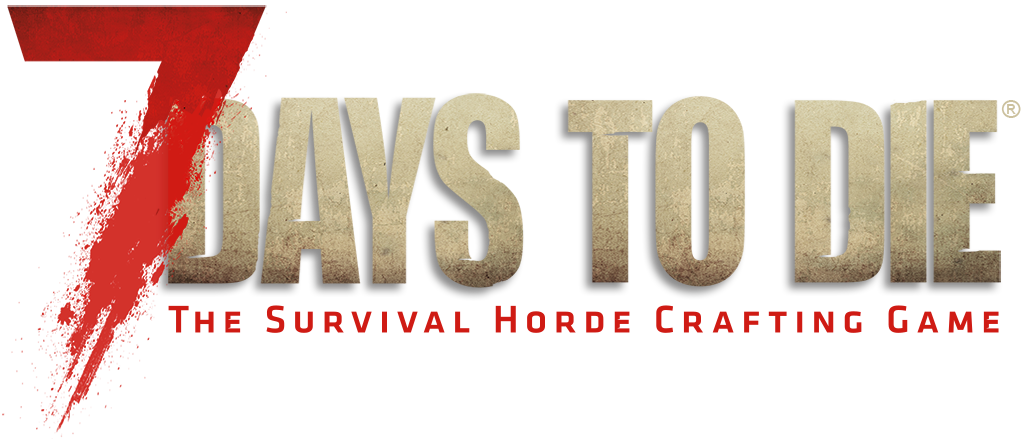48 minutes ago, meganoth said:
At least for me taking it out of EA has significance. much more than the "1.0" name.
Ok. And they did both. So the expectations are valid, even if the standard of what 1.0 means may be changing.
------ (general comment, not a reply) -----
Expectations are an interesting thing. Developers, publishers, producers, marketers... They all try to manage people's expectations. That is a fine line to walk. Many will try to boost expectations beyond reality. The benefit is that you get a better initial sale because people are expecting something really good. But it doesn't take long for word to get out that it isn't that good. If you overplay your cards, this can result in a significant number of bad reviews that can kill sales. There are a few games that were able to turn things around after doing this, but most can't. Other things like movies usually can't either. So instead of a great start to sales, followed by almost normal sales, the sales tank.
The other method is to set expectations lower than reality. The result is that you get lower initial sales, but people see that it is better than expected and start paying reviews about how it was better than they expected and sales end up better over the long run.
Do you take the risk of inflating expectations to get better initial sales, do you give accurate expectations with no real gain or loss, or do you give lower expectations to get better long term sales? A lot of it comes down to how quickly you need the money.
People's expectations pretty directly affect their opinion on value. If the game doesn't meet expectations (including that it is finished), then they feel they were ripped off. If the game exceeds expectations, they feel like they got a great deal.
